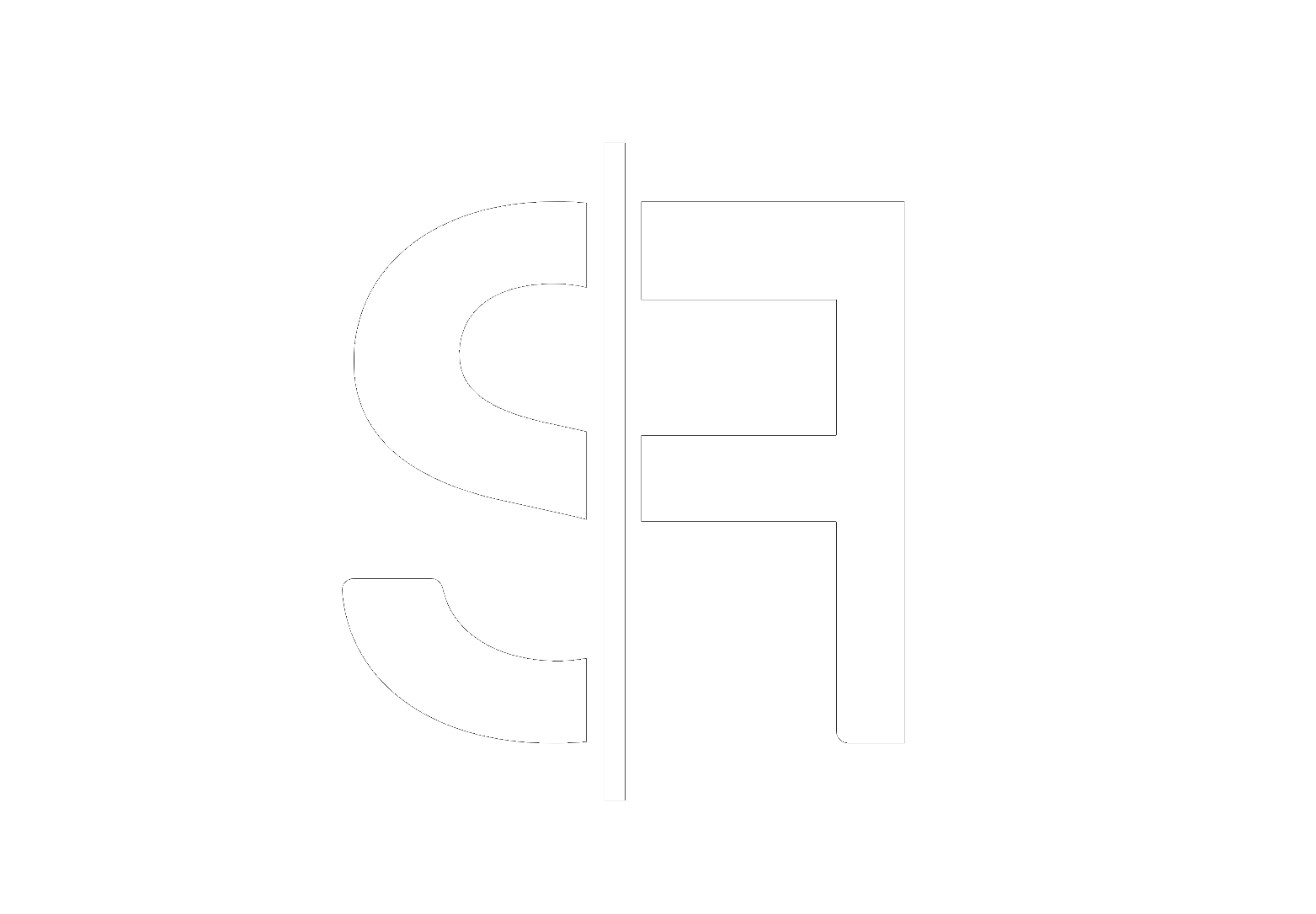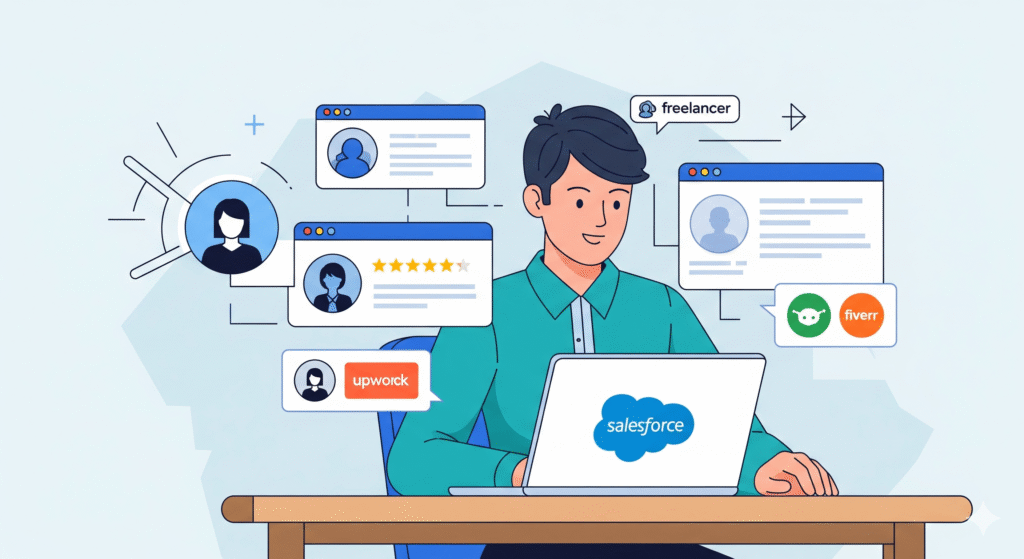Complete Checklist Before You Hire Salesforce Freelancer
Embarking on a Salesforce project can be a game-changer for your business, but navigating the complexities of its implementation and customization requires expertise. When you decide to **hire Salesforce freelancer**, you’re looking for a specialized skill set to streamline your operations, boost efficiency, and maximize your CRM’s potential. However, with numerous talented individuals out there, it’s crucial to have a solid plan to ensure you find the right fit for your unique needs. This comprehensive checklist will guide you through the essential steps before you **hire Salesforce freelancer**.
1. Define Your Project Scope Clearly
Before you even start searching, you need to have a crystal-clear understanding of what you want to achieve. Vague requirements lead to miscommunication and costly revisions. Ask yourself:
What are your primary business objectives?
Are you looking to improve sales processes, enhance customer service, automate marketing campaigns, or something else entirely?
What specific Salesforce clouds or products do you need assistance with?
Sales Cloud, Service Cloud, Marketing Cloud, Pardot, CPQ, or custom development?
What are the key features and functionalities required?
List them out in detail, from basic data migration to complex workflow automation.
What is your budget and timeline?
Be realistic about both to attract freelancers who can meet your expectations.
2. Identify the Necessary Skills and Experience
Not all Salesforce freelancers are created equal. Their expertise can vary significantly. Consider the following when assessing their qualifications:
Technical Skills
- Proficiency in Apex, Visualforce, Lightning Web Components (LWC), or Aura Components for custom development.
- Experience with declarative tools like Process Builder, Flow, and Workflow Rules for automation.
- Data migration tools and best practices.
- Integration experience with other systems.
- Knowledge of specific Salesforce clouds relevant to your project.
Functional Expertise
- Understanding of your industry and business processes.
- Ability to translate business requirements into technical solutions.
- Experience with Salesforce administration and configuration.
Certifications
While not always mandatory, Salesforce certifications (e.g., Platform Developer I & II, Administrator, Sales Cloud Consultant) can be a strong indicator of a freelancer’s commitment and knowledge.
3. Where to Find and Vet Candidates
The search for the right talent can take you to various platforms. Remember to thoroughly vet each candidate.
Freelance Platforms
Websites like Upwork, Fiverr, and dedicated Salesforce talent marketplaces (though less common for direct freelancer engagement) can be a good starting point. Be sure to read reviews and check profiles carefully.
Specialized Agencies
Consider working with a Salesforce consulting partner that offers freelance or contractor services. This can often provide a higher level of vetting and project management. Contact us at Sflancer if you’re exploring this option.
Referrals
Ask your network for recommendations. Personal testimonials can be invaluable.
4. The Interview and Selection Process
Once you have a shortlist of potential candidates, it’s time to conduct interviews.
Screening Questions
Prepare a set of questions that delve into their experience, problem-solving approach, and understanding of your project. Ask about specific challenges they’ve overcome in past Salesforce projects.
Portfolio and Case Studies
Request examples of their previous work, especially if it aligns with your project’s complexity and scope. Explore our services to see the breadth of our expertise.
Technical Assessment (Optional but Recommended)
For development roles, consider a small, paid coding test to assess their practical skills.
Communication and Cultural Fit
A freelancer should not only be technically proficient but also a good communicator and a team player. Ensure they understand your communication preferences and are responsive.
5. Onboarding and Project Management
Once you’ve chosen your freelancer, proper onboarding is key to a successful engagement.
Clear Contract and Agreement
Define deliverables, timelines, payment terms, and intellectual property rights. A well-drafted contract is essential.
Regular Check-ins
Schedule regular meetings to track progress, address any roadblocks, and provide feedback. Consistent communication is vital for any project, whether you hire a Salesforce consultant or a freelancer.
Feedback Loop
Encourage open feedback from both sides to ensure the project stays on track and meets your expectations. Our blog often features insights on best practices for Salesforce projects: Visit our blog for more.
Hiring the right Salesforce freelancer can significantly impact your project’s success. By following this comprehensive checklist, you’ll be well-equipped to make an informed decision and find a skilled professional who can help you unlock the full power of your Salesforce investment. Remember, thorough preparation is the first step towards a smooth and successful Salesforce implementation. For expert assistance and to learn more about how we can support your Salesforce journey, visit Sflancer.com.

